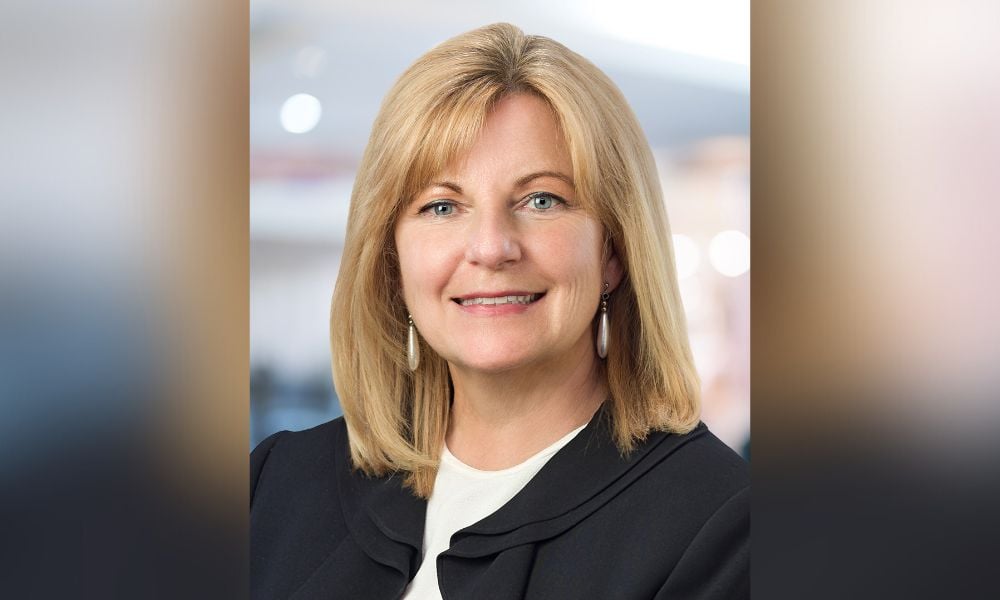Taxpayers in need of counsel go to accountants, who cannot offer it confidentially. So what's to be done?
By Paul Paton
IT'S BEEN A YEAR since the UK Supreme Court split 5-2 against extending “legal advice privilege” to accountants. But the Prudential decision was far from the end of the story. The fight over privilege for tax advice is a bellwether with huge implications. Whether lawyers will be able to maintain an exclusive right to protect client communications in non-criminal tax matters is partly a fight about professional status and partly about whether privilege has been reduced to (and sold as) a form of competitive advantage.
Courts and legislators in Canada, the US, England and New Zealand have grappled with this issue for at least a decade. The challenge is in balancing the interests of clients (who want to communicate in confidence with their tax advisors) against the interests of tax authorities (who want access to information they believe necessary to do their job). New Zealand legislated tax advisor protection in 2005; the US has had a much criticized form of “tax practitioner” privilege since 1998; the Australian Law Reform Commission recommended adopting the NZ model in 2008 and the Australian government floated a Discussion Paper in 2011 to implement that recommendation. Legislative reforms in the UK in 1989 attempted to “level the playing field.” In Prudential the accountants sought privilege by common law. Even in rejecting that effort, the majority signaled it'd be worth having Parliament consider making a change.
The Supreme Court of Canada hasn't yet directly considered the issue. In 2004 the Federal Court of Appeal seemingly slammed the door shut, snarling that the relationship between accountant and client didn't need to be “sedulously fostered.” Instead, they wrote, if Parliament wants to craft such protection, it should. A 2010 Canada Revenue Agency information circular reaffirmed that CRA considered accountants' working papers to be fair game. So the fight's still on. (Full disclosure: Chartered Professional Accountants of Canada has commissioned two expert reports from me on the subject.)
Distinguished Canadian tax lawyer Brian Arnold recently wrote, “The legal profession – law societies, law firms and especially law schools – [has] done an abysmal job of supplying sufficient numbers of tax lawyers to do all of the necessary work. Through their ignorance about the nature and importance of tax as law, they have essentially abdicated the field to accountants.” I don't think that's entirely right, but the tax system does rely on both professions to function.
The UK Supreme Court said that, while it had difficulty articulating a rationale differentiating clients seeking tax advice from lawyers from those seeking tax advice from other professionals, the matter was best left for Parliament. In New Zealand, the government argued that extending privilege would promote taxpayer compliance. In the US, Senator Connie Mack sought to eliminate the “unfair penalty” taxpayers faced when getting advice from non-lawyers. And Senator Michael Enzi wanted reform to give “taxpayers greater freedom to seek tax advice.” So the policy rationale is there.
A 2011 Canadian Bar Association discussion paper on privilege-fretted about the legal profession continuing to assert “historical and rhetorical” arguments for the importance of solicitor-client privilege. It concluded that the risk to those relying on the “sacred” nature of privilege was that “their arguments in support of restricting the Privilege to lawyers may be viewed simply ... as a means of protecting against competition ...”
Brian Arnold's conclusion? “The restriction is nothing more than an anti-competitive measure that operates unfairly against accountants but more importantly, against Canadian taxpayers seeking their advice.” And his alternative? “[T]ake away the common law privilege for lawyers by statute.” That's not the right answer as far as I'm concerned, but it's time for Parliament to take a closer look.
Paul Paton is a professor at the University of the Pacific's McGeorge School of Law in Sacramento, California. He can be reached at (916) 739-7284 or [email protected].
By Paul Paton
IT'S BEEN A YEAR since the UK Supreme Court split 5-2 against extending “legal advice privilege” to accountants. But the Prudential decision was far from the end of the story. The fight over privilege for tax advice is a bellwether with huge implications. Whether lawyers will be able to maintain an exclusive right to protect client communications in non-criminal tax matters is partly a fight about professional status and partly about whether privilege has been reduced to (and sold as) a form of competitive advantage.
Courts and legislators in Canada, the US, England and New Zealand have grappled with this issue for at least a decade. The challenge is in balancing the interests of clients (who want to communicate in confidence with their tax advisors) against the interests of tax authorities (who want access to information they believe necessary to do their job). New Zealand legislated tax advisor protection in 2005; the US has had a much criticized form of “tax practitioner” privilege since 1998; the Australian Law Reform Commission recommended adopting the NZ model in 2008 and the Australian government floated a Discussion Paper in 2011 to implement that recommendation. Legislative reforms in the UK in 1989 attempted to “level the playing field.” In Prudential the accountants sought privilege by common law. Even in rejecting that effort, the majority signaled it'd be worth having Parliament consider making a change.
The Supreme Court of Canada hasn't yet directly considered the issue. In 2004 the Federal Court of Appeal seemingly slammed the door shut, snarling that the relationship between accountant and client didn't need to be “sedulously fostered.” Instead, they wrote, if Parliament wants to craft such protection, it should. A 2010 Canada Revenue Agency information circular reaffirmed that CRA considered accountants' working papers to be fair game. So the fight's still on. (Full disclosure: Chartered Professional Accountants of Canada has commissioned two expert reports from me on the subject.)
Distinguished Canadian tax lawyer Brian Arnold recently wrote, “The legal profession – law societies, law firms and especially law schools – [has] done an abysmal job of supplying sufficient numbers of tax lawyers to do all of the necessary work. Through their ignorance about the nature and importance of tax as law, they have essentially abdicated the field to accountants.” I don't think that's entirely right, but the tax system does rely on both professions to function.
The UK Supreme Court said that, while it had difficulty articulating a rationale differentiating clients seeking tax advice from lawyers from those seeking tax advice from other professionals, the matter was best left for Parliament. In New Zealand, the government argued that extending privilege would promote taxpayer compliance. In the US, Senator Connie Mack sought to eliminate the “unfair penalty” taxpayers faced when getting advice from non-lawyers. And Senator Michael Enzi wanted reform to give “taxpayers greater freedom to seek tax advice.” So the policy rationale is there.
A 2011 Canadian Bar Association discussion paper on privilege-fretted about the legal profession continuing to assert “historical and rhetorical” arguments for the importance of solicitor-client privilege. It concluded that the risk to those relying on the “sacred” nature of privilege was that “their arguments in support of restricting the Privilege to lawyers may be viewed simply ... as a means of protecting against competition ...”
Brian Arnold's conclusion? “The restriction is nothing more than an anti-competitive measure that operates unfairly against accountants but more importantly, against Canadian taxpayers seeking their advice.” And his alternative? “[T]ake away the common law privilege for lawyers by statute.” That's not the right answer as far as I'm concerned, but it's time for Parliament to take a closer look.
Paul Paton is a professor at the University of the Pacific's McGeorge School of Law in Sacramento, California. He can be reached at (916) 739-7284 or [email protected].





